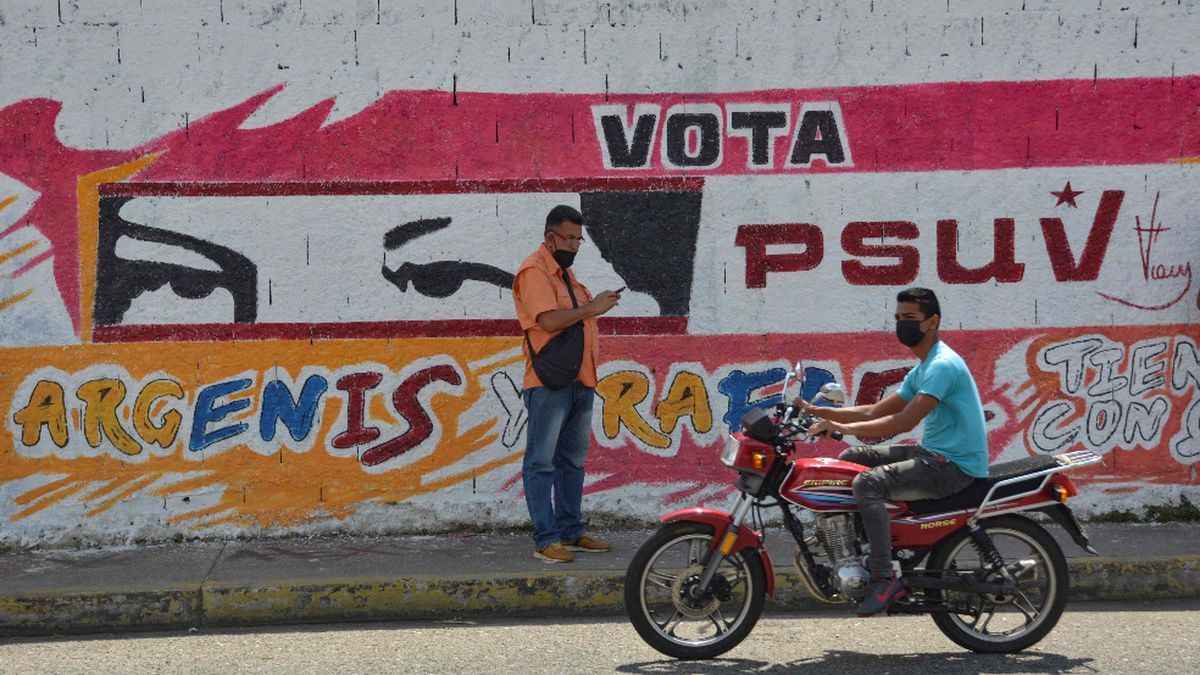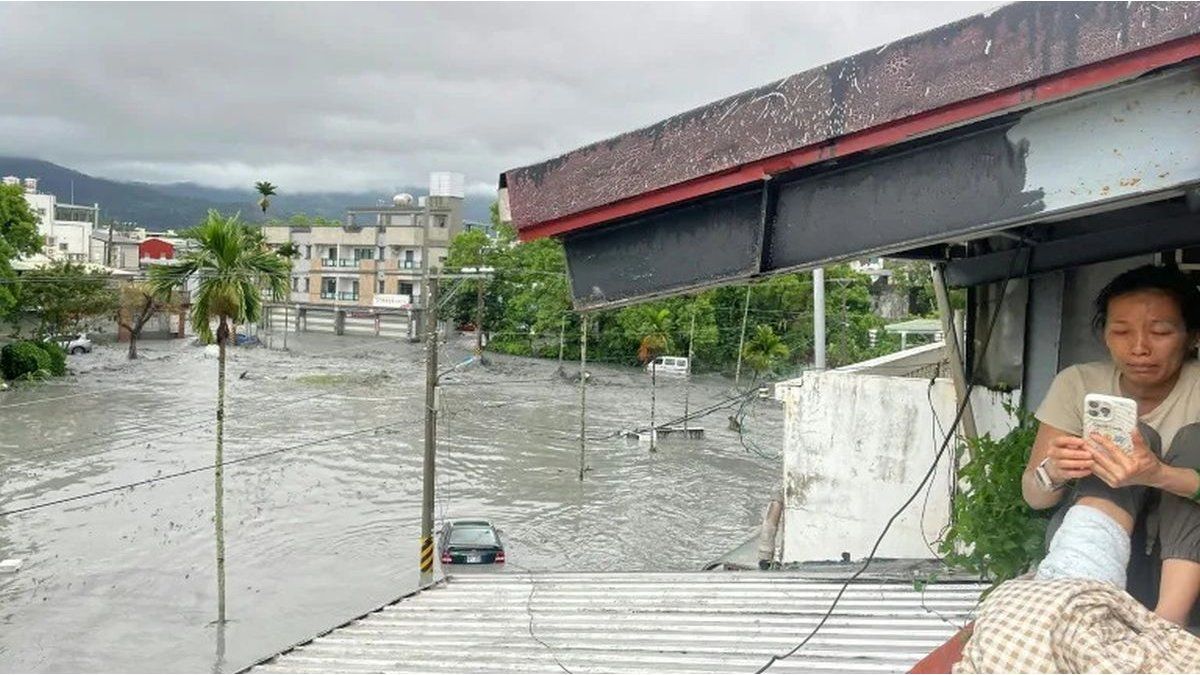Chávez, candidate for the ruler United Socialist Party of Venezuela (PSUV) In the recent regional elections, he will not aspire to re-election when the elections are repeated on January 9 by order of the highest court of justice, and he said that the designation of the new candidate will fall to the leadership of the political organization.
“I am going to present my resignation to the position of governor before the competent body that is the legislative regional council” to “expedite this transition process from here to the elections,” he told the press.
Argenis Chávez, 63, ran for the governorship of Barinas during the regional elections on November 21 against the opposition Freddy Superlano, who demanded that his “victory” be made official in this region of 970,000 inhabitants and where the Chávez family has ruled since 1998.
Barinas was the only state that did not present election results, sparking protests.
The PSUV won 19 of 23 Venezuelan governorships in a process in which the bulk of the opposition returned to the polls after refusing to participate in the 2018 elections, in which the president was reelected. Nicolas Maduro, and the 2020 parliamentarians, denouncing that they were “fraudulent” processes.
On Monday, the Electoral Chamber of the TSJ ordered the National Electoral Council (CNE) to call new elections.
In the ruling published at night on its web portal, the TSJ, accused by the opposition of favoring the government with its decisions, acknowledges that the “projections provided by the CNE” give Superlano 37.60% of the votes cast and Argenis Chávez 37.21%.
The results that favored Superlano were recognized this Tuesday by ChávezHowever, the Supreme Court underlines “the condition of ineligibility” of the opponent, alleging that he was disqualified last August by the Comptroller’s Office, due to accusations of corruption.
In a first sentence, the highest court had ordered the CNE “the immediate suspension” of the vote count in Barinas, while also stating that Superlano is “disqualified from the exercise of any public office” due to “administrative and criminal inquiries.”
Superlano, who announced protests in Barinas, described the ruling as “one more demonstration of little will” to “rebuild an electoral route as a way out of the political, social and economic crisis.”
The Venezuelan opposition criticized the TSJ’s decision, considering that the maneuver shows that “there is no rule of law or independence of powers in Venezuela.”
“The regime is exposed for what it is, a vulgar dictatorship that snatches the will of the people who expressed themselves even without conditions and in a very adverse way, “said the opposition leader Juan Guaidó.
Chávez’s relatives have dominated the government of Barinas for more than two decades. The chain began with his father, Hugo de los Reyes Chávez, governor from 1998 to 2008; He continued with his brother Adán, current Venezuelan ambassador to Cuba, between 2008 and 2016; and continued with Argenis, since 2017.
Source From: Ambito
David William is a talented author who has made a name for himself in the world of writing. He is a professional author who writes on a wide range of topics, from general interest to opinion news. David is currently working as a writer at 24 hours worlds where he brings his unique perspective and in-depth research to his articles, making them both informative and engaging.




